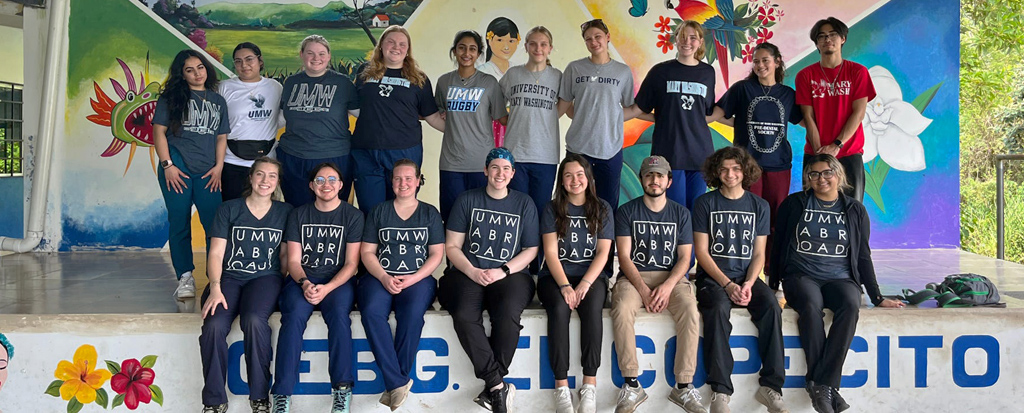Healing Across Borders: UMW Students Transform Winter Break into Medical Mission in Panama

In the first days of the new year, University of Mary Washington senior Katrina Zaki embarked on a transformative journey that would take her thousands of miles from home, driven by a passion for service and global healthcare. As a dedicated biomedical sciences major and vice president of UMW's Global Medical Brigades (GMB) chapter, Zaki joined a compassionate group of fellow students on a mission to make a meaningful difference in the lives of strangers in Central America.
Her commitment to humanitarian work exemplifies the spirit of young professionals who see beyond borders, using their skills and empathy to provide critical medical support to communities in need. With determination and a heart for helping others, Zaki and her teammates set out to bridge healthcare gaps and bring hope to those who have limited access to medical resources.
